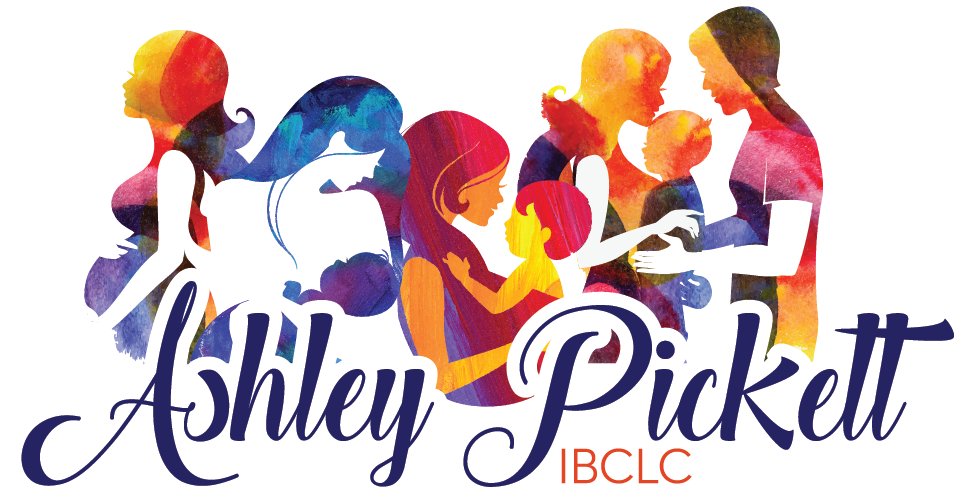How Can Babywearing Help Me Meet the Needs of my Baby?
The Power of Babywearing: Insights from Ashley Pickett
As a mother of three, a doula, a gentle parenting coach, and a busy IBCLC, I’ve encountered a myriad of parenting tools and techniques. Yet, one essential skill has woven its way through each role in my personal and professional life: babywearing.
Babywearing—using carriers like slings, wraps, buckle carriers, or Mei Teis—has been a game-changer for me. It’s a practical way to manage the demands of new babies, allowing parents to keep their hands free while meeting their little one's needs. I frequently mention babywearing to my clients, no matter if their focus is on feeding, sleep, or general parenting support. By teaching simple carrying techniques, I aim to bring comfort, connection, and ease to the often overwhelming early days of parenting.
Making Parenting Easier
My own journey as a new mother was challenging. Fresh out of university and settling into our new home, I welcomed my son just three days later. With so much to juggle, babywearing became my lifeline. Learning how to use a carrier was transformative—it allowed me to tend to my baby’s needs without constantly having to put him down. For many parents, babywearing feels like a survival tool, providing a gentle way to meet a baby’s inherent need to be held frequently.
Babywearing is gaining more popularity, and for good reason. It’s a practice that has deep roots in many cultures and has been cherished for centuries. Most of us instinctively understand the value of keeping our babies close, as it aligns with our biological norms. Many cultures have developed beautiful, unique baby carriers that reflect their traditions and love.
The Benefits of Babywearing
As my children grew older and no longer needed their favorite wraps, I turned my focus to helping new families discover the benefits of babywearing. I’ve witnessed firsthand the profound effects it can have on the parent-child relationship. Babywearing enhances connection, supports exclusive breastfeeding—even for preemies—reduces crying and colicky behavior, promotes proper spinal development, and lowers the risk of postpartum depression. The list of benefits is impressive!
Meeting Both Parent and Baby Needs
One aspect that particularly resonates with me is how babywearing can reduce postpartum mood disorders, such as depression and anxiety, and improve breastfeeding rates and duration. Reflecting on my own experience with postpartum mood disorders, I can see how baby carriers were a bridge between my need for self-care and my baby’s constant need for closeness. Wearing my baby allowed me to attend to my needs while keeping him content and connected.
Babywearing also made it easier to manage frequent breastfeeding. Instead of having to swaddle my daughter and set her down, I could keep her close and respond to her hunger cues quickly. This proximity helped me to meet her needs before she even cried, fostering a smoother breastfeeding experience.
The Importance of Skin-to-Skin Contact
Skin-to-skin contact is crucial, especially in the early days. Dr. Nils Bergman’s research highlights the benefits of uninterrupted skin-to-skin contact for the first 1,000 minutes of life. While hospitals often promote initial skin-to-skin contact, it’s not always maintained as long as it should be. Baby carriers can play a vital role in extending this essential contact, both at home and in the hospital.
Recreating the Womb Experience
Babies thrive on warmth and closeness, which is why swaddling alone doesn’t quite replicate the womb experience. Babywearing helps bridge this gap by keeping babies close to their parents’ warmth, heartbeat, and scent, which supports better weight gain, reduces jaundice, and provides more rest for parents. Instead of being separated and missing important cues, babies in carriers are right where they need to be, leading to more responsive feeding and a stronger parent-child bond.
Shifting Towards Baby-Led Care
Switching from traditional swaddling and scheduled feeding to babywearing and baby-led care can offer immense benefits. Keeping babies close helps parents respond more quickly to their needs, supports increased milk supply, and boosts parental confidence. This approach allows parents to meet their baby’s needs with compassion and without the fear of creating "bad habits."
As a mother who has navigated the complexities of raising three young children, including tandem nursing and managing intense needs, I can attest to the incredible value of babywearing. It’s been a cornerstone of my parenting journey, allowing me to keep my babies close, safe, and well-fed.
If you’re considering babywearing, know that it’s not just a trend but a time-tested practice with profound benefits. Embracing babywearing can make the demanding early years more manageable and deeply rewarding.
Warmly,
Ashley Pickett
